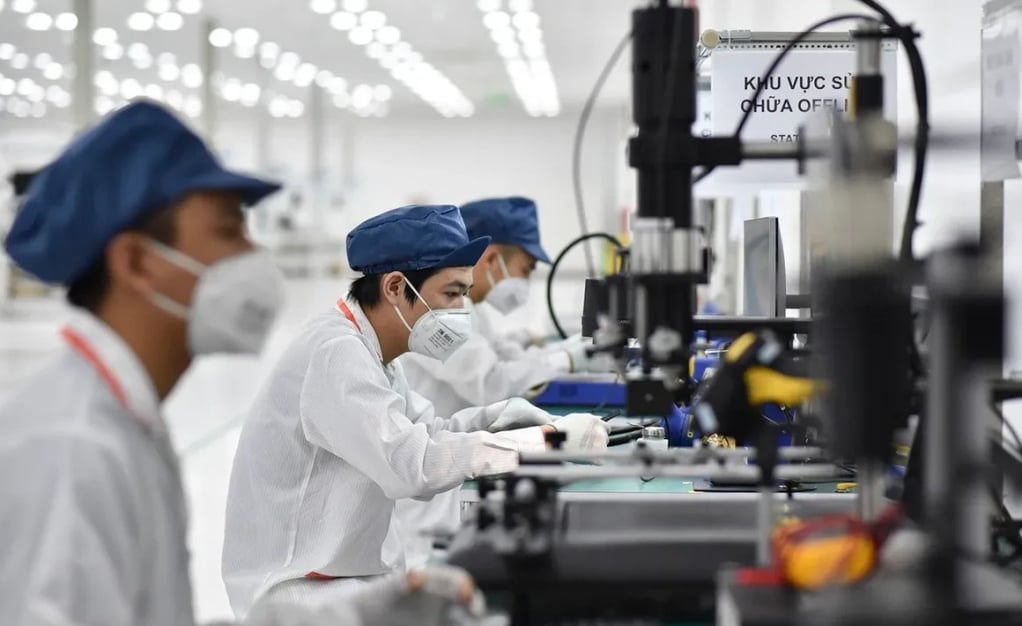
Pursuant to Resolution No. 51/NQ-CP dated March 18, 2025 of the Government, Resolution No. 77/2025/UBTVQH15 dated April 21, 2025 of the National Assembly Standing Committee adjusting the 2025 Legislative Program, the Ministry of Education and Training has developed the Law on Vocational Education (amended) in accordance with the provisions of the Law on Promulgation of Legal Documents.
It is expected that 5 policies will be developed and institutionalized in the Law on Vocational Education (amended); specifically as follows:
Innovation in vocational education system
The system innovation aims to institutionalize the Party's policies and guidelines, perfect the national education system in an open, flexible, and interconnected direction, create lifelong learning opportunities for all citizens, promote streaming, increase the number of students after junior high school and high school entering vocational education; conduct vocational training, teach culture, and develop vocational capacity for learners at vocational education institutions; and accelerate the roadmap for vocational universalization for youth.
Systemic innovation aims to overcome limitations and weaknesses in career guidance, streaming, and articulation; unreasonable structure of industries, occupations, and training levels; scale, quality, and effectiveness of training, especially training of high-quality human resources, new industries, occupations, advanced skills, and international integration.
The innovative contents include: Forming a vocational secondary school program in vocational education, training integrating basic knowledge of the high school program and vocational capacity; promoting career guidance and streaming; forming a streamlined and effective network of vocational education facilities, including: vocational secondary schools and colleges.
At the same time, expand the system of facilities participating in vocational education activities, supplement regulations on planning for the development of colleges as national centers and regional centers for high-quality vocational training and practice; perfect the organizational structure and enhance the management capacity of vocational education facilities.
These are important innovations for vocational education to meet people's diverse learning needs while still ensuring connectivity, quality and effective training and streamlining the apparatus.
Innovation in training programs, organization and quality assurance of vocational education
Innovation in training programs, organization and quality assurance of vocational education is one of the important policies in the draft revised Law on Vocational Education to overcome the shortcomings and difficulties of the vocational education system, improve the quality of human resources to meet the requirements of the labor market and the requirements of socio -economic development of the country in the new period.
Accordingly, it is necessary to innovate and diversify training programs, time, forms, and methods, and to grant degrees and certificates in an open, flexible, and practical direction; to create conditions for people to learn throughout their lives, to improve, update, and transform their professional skills to adapt to changes in technology and the labor market, contributing to the transformation of the labor structure, and to improving productivity and competitiveness of the economy.
Improve the quality of college training programs; expand and transfer advanced training programs, promptly update new standards and technologies in vocational education, meet the demand for highly skilled human resources, especially in key and spearhead industries and fields for national development.
To ensure the quality and effectiveness of vocational education programs, the revised Law on Vocational Education has emphasized the consistent role of quality assurance through the establishment of an effective internal quality assurance (IQA) system at vocational education institutions.
Aiming to build a quality culture in each vocational education institution through internal monitoring mechanisms, continuous improvement and risk management, as well as building a clear legal system on the mechanism for monitoring and evaluating the quality of vocational education through external quality assurance agencies and processes.
In addition, it is necessary to continue to improve and standardize training facilities and equipment as one of the conditions to ensure the minimum quality that vocational education institutions must meet, as well as to establish a clear legal basis for identifying and classifying teaching staff in vocational education.
Effectively attracting businesses and foreign investment in vocational education
The Law on Vocational Education will supplement the role of enterprises in vocational education, the State's policies towards enterprises in participating in vocational education activities as well as the rights and responsibilities of enterprises in vocational education activities.
Along with that are policies on international cooperation, foreign investment in vocational education; policies to attract enterprise workers to participate in teaching expanded vocational education levels and take advantage of capital resources and teaching staff from enterprises to link training with production, business and services.
Innovation in financial and investment mechanisms and policies
The vocational education sector is strongly innovating financial mechanisms and policies to ensure training quality, improve investment efficiency and maximize social resources.
The Law’s policies focus on transparency in financial management, increasing autonomy and accountability of vocational education institutions, and ensuring the rights of learners through reasonable tuition fees, scholarships and financial support. The goal is to build a modern, open and fair vocational education system, promote reasonable student streaming and better serve the sustainable development needs of society.
Promote decentralization, delegation of power, and improve the effectiveness of state management of vocational education.
This policy aims to institutionalize the Party and State's guidelines and policies on administrative reform, reducing business barriers and simplifying procedures.
At the same time, focus on increasing autonomy for vocational training institutions in terms of organization, personnel, finance and professional activities, and enhance accountability to the State and society.
One of the important highlights is to promote decentralization, promote the role of the head, combine the "pre-control" and "post-control" mechanisms, especially for specific industries such as medicine and pharmacy. In addition, the policy also focuses on simplifying investment conditions and reducing administrative procedures to create a favorable environment for vocational education to develop.
With two main contents of stronger decentralization for training institutions and streamlining legal regulations, this policy promises to bring higher management efficiency, contributing to improving the quality of vocational training, meeting the human resource needs of society.
Source: https://baoquangninh.vn/du-kien-5-chinh-sach-dot-pha-ve-giao-duc-nghe-nghiep-3359512.html




![[Photo] Panorama of the Patriotic Emulation Congress of Nhan Dan Newspaper for the period 2025-2030](https://vphoto.vietnam.vn/thumb/1200x675/vietnam/resource/IMAGE/2025/11/04/1762252775462_ndo_br_dhthiduayeuncbaond-6125-jpg.webp)
![[Photo] The road connecting Dong Nai with Ho Chi Minh City is still unfinished after 5 years of construction.](https://vphoto.vietnam.vn/thumb/1200x675/vietnam/resource/IMAGE/2025/11/04/1762241675985_ndo_br_dji-20251104104418-0635-d-resize-1295-jpg.webp)
![[Photo] Ca Mau "struggling" to cope with the highest tide of the year, forecast to exceed alert level 3](https://vphoto.vietnam.vn/thumb/1200x675/vietnam/resource/IMAGE/2025/11/04/1762235371445_ndo_br_trieu-cuong-2-6486-jpg.webp)
![[Photo] Ho Chi Minh City Youth Take Action for a Cleaner Environment](https://vphoto.vietnam.vn/thumb/1200x675/vietnam/resource/IMAGE/2025/11/04/1762233574890_550816358-1108586934787014-6430522970717297480-n-1-jpg.webp)
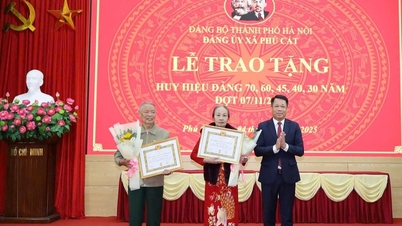






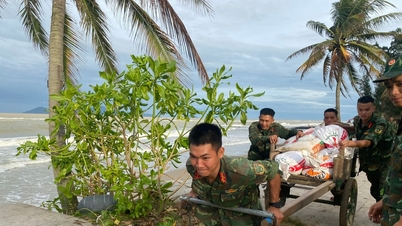





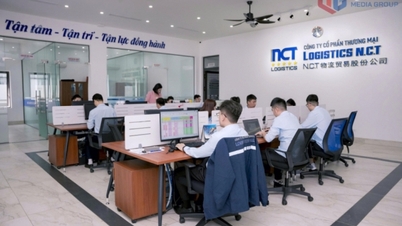
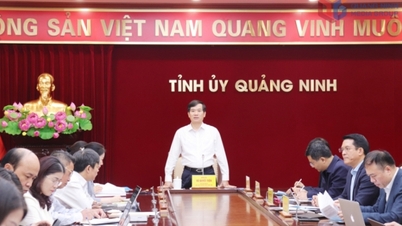
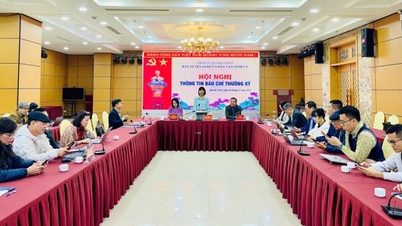

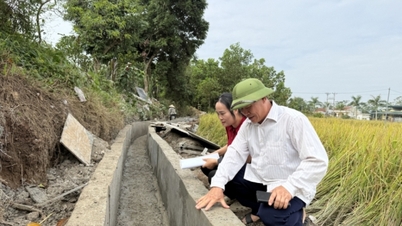


















































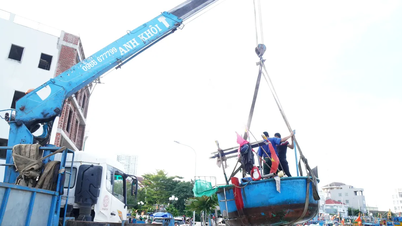

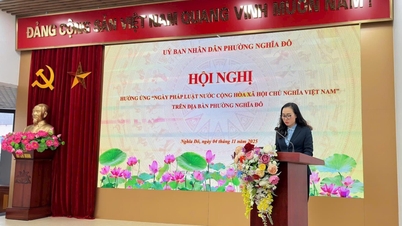













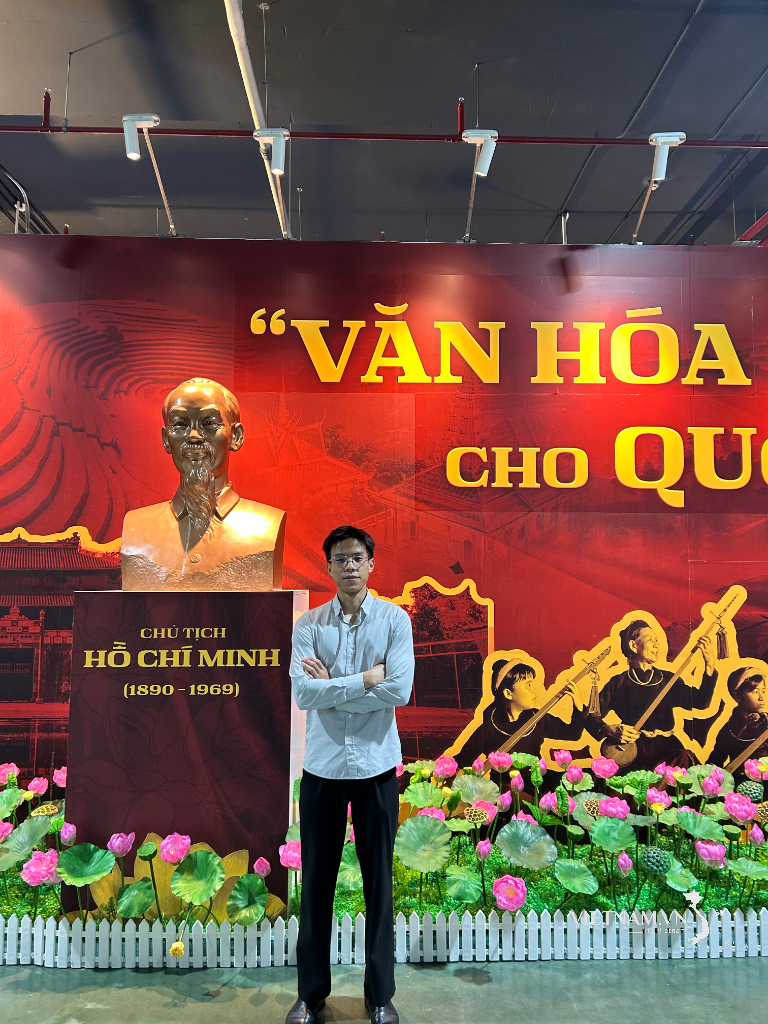

Comment (0)